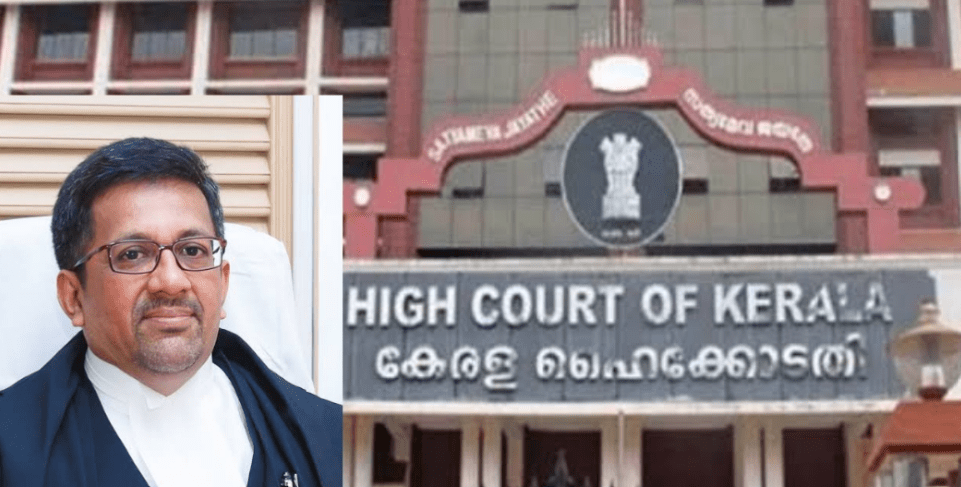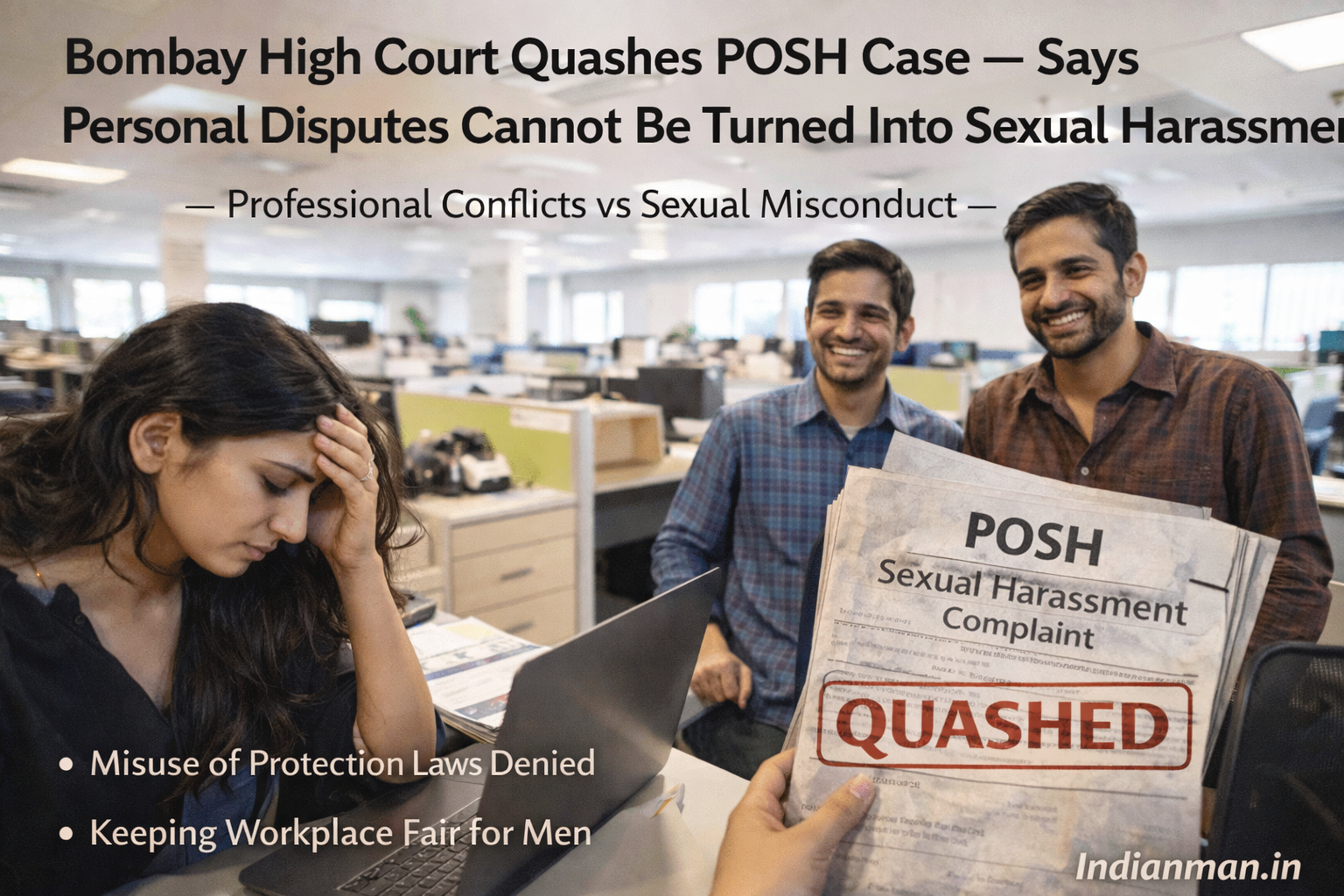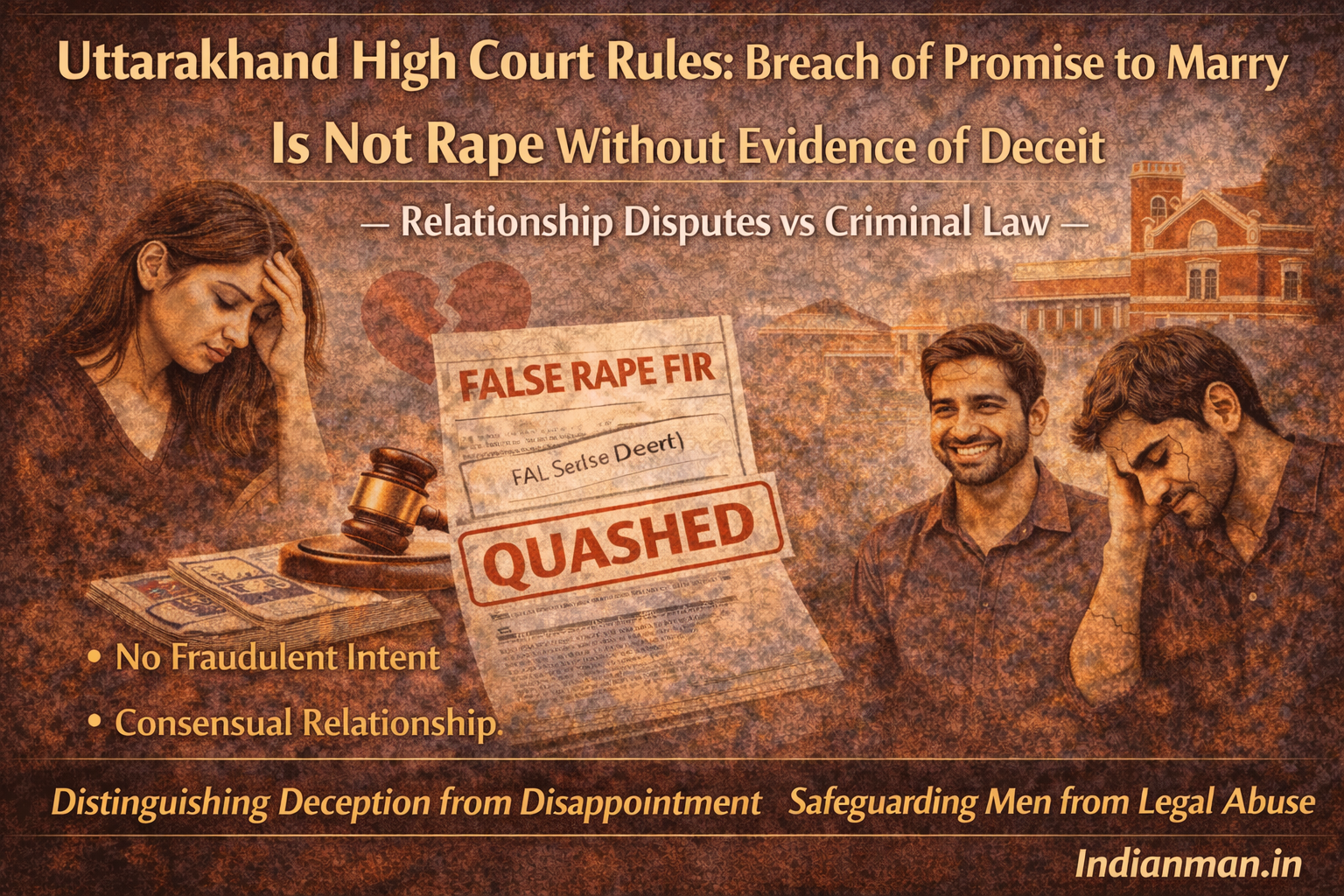Failed Relationships Alone Do Not Constitute Rape: Kerala High Court Grants Bail
The Kerala High Court has observed that a failed relationship does not automatically amount to the offence of rape. This ruling came while granting bail to Advocate Navneeth N Nath, a Central Government Counsel accused in a sexual abuse case.
Context of the Case
The accused, Advocate Navneeth N Nath, was arrested under Sections 376(2)(n) and 313 of the Indian Penal Code. The complainant, a colleague, alleged that he sexually abused her under the false promise of marriage. The case also involved allegations of forced miscarriages.
The complainant stated they were in a relationship for four years. However, she discovered he was marrying another woman after spotting him with his fiancée at a hotel. Devastated, she attempted suicide by slitting her wrist and later shared her account with the police, leading to the arrest of the accused.
Court Observations
Justice Bechu Kurian Thomas remarked on the evolution of modern relationships, noting that young adults today often have live-in relationships or choose not to marry. He stressed that a relationship turning sour does not inherently imply rape.
“The key aspect to examine is whether consent for sexual relations was obtained based on a false promise of marriage,” Justice Thomas explained.
The court further noted that while the allegations were serious, several factors supported the bail plea, including the absence of prior criminal records, completion of the investigation, and the accused’s professional standing as a government counsel.
Bail Granted with Conditions
Justice Thomas granted bail to the accused, emphasizing that the court’s observations were solely for the purpose of deciding the bail application and would not influence the merits of the case.
Arguments Presented
- Defense: Senior Advocate Ramesh Chander, representing the accused, argued that the relationship was consensual and the intention to marry was genuine.
- Prosecution: The Public Prosecutor argued that the complainant’s consent was obtained under a false promise of marriage, constituting rape.
Conclusion
The Kerala High Court’s decision underscores the importance of evaluating consent and intent in cases involving romantic relationships. It also highlights the complexities of modern relationships and their implications in legal contexts.
Be a part our social media community:
Facebook: https://www.facebook.com/IndianMan.in?mibextid=ZbWKwL
Instagram:
https://www.instagram.com/indianman.in?igsh=MWZ2N3N0ZmpwM3l3cw==




